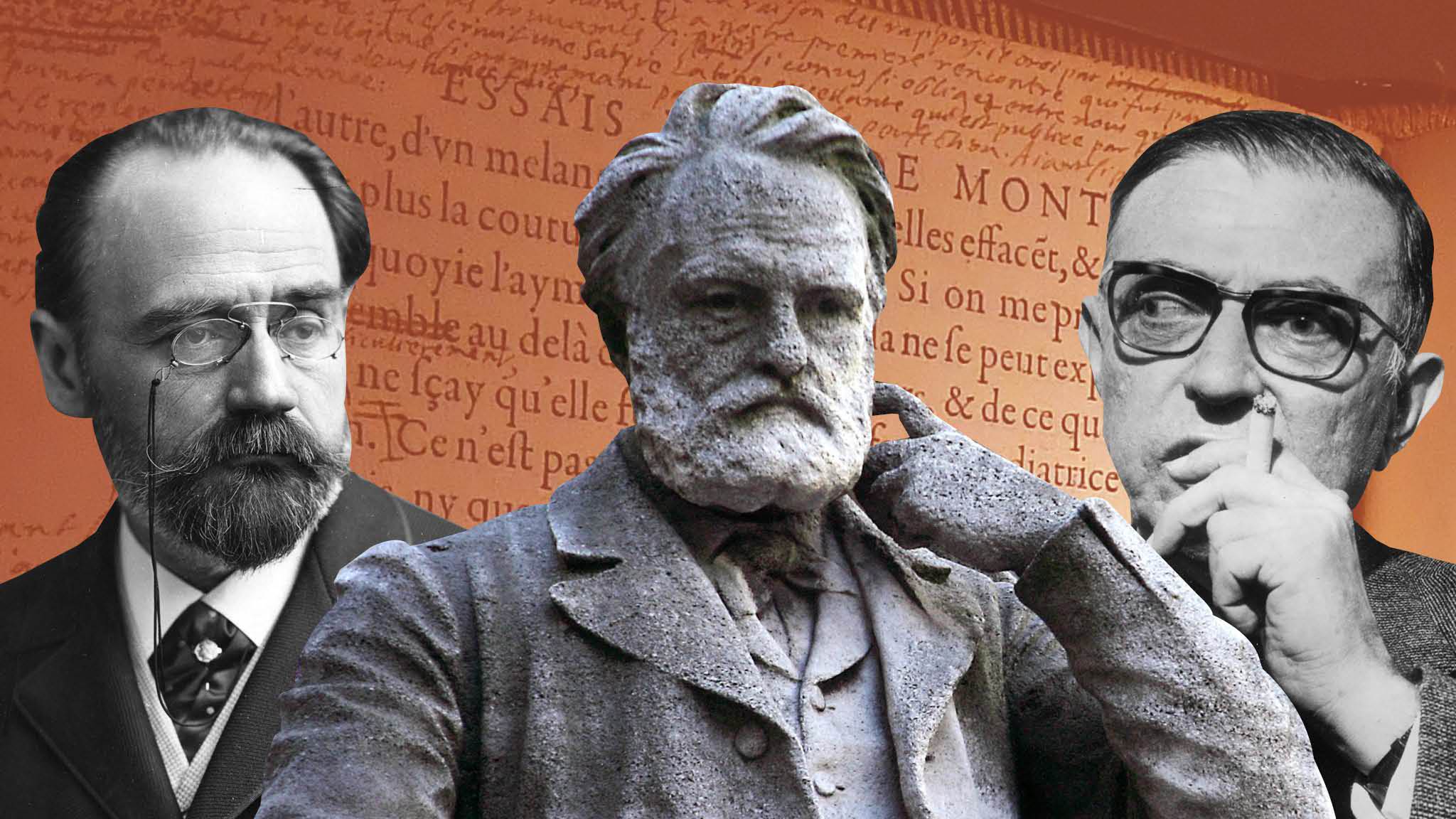
There is a decidedly anti-intellectual strain in contemporary American society, this despite a high rate of literacy and a historical legacy of higher education. Though books are still written, dissertations, doctorates and advanced degrees awarded, the present level of public discourse can only be termed impoverished. A few nights viewing television provides ample evidence of this sorry state of affairs: reality TV featuring dysfunctional families, meaningless contests between the ambitious but untalented, crime shows showcasing human cruelty and violence, and newscast snippets of distressing information about which one can do nothing.
How did things come to this point? Why has this country – founded by intellectuals of accomplishment and learning – descended into a sentimental, sound-bite-slinging culture lacking critical thinking skills and little appreciation of depth of knowledge and learning?
Our founding “fathers” were highly educated men, generalists who spoke multiple languages and had mastered various disciplines such as architecture, science, literature and mathematics. Benjamin Franklin was a newspaper pioneer; Thomas Jefferson an erudite scholar. In sum, America’s founders treasured learning and education and exemplified the power of Enlightenment principles to change the course of history. Not simply philosophers, they were philosophes, individuals committed to wide-reaching wisdom and its application to creating a better society.
Americans of the 18th Century were avid readers; the literacy rate was exceptionally high and books in great demand. Universal education had been a priority since the arrival of the Mayflower and schools were established in concert with emigration from England. This trend continued into the 19th Century; the example of Abraham Lincoln’s devotion to reading by candlelight was not unusual and his debates with Stephen Douglas, often running to seven hours, drew enormous crowds. It’s hard to imagine today’s public remaining so engaged.
Things began to change when telegraph lines began to spread along the railways. Suddenly, information from distant places was speedily available.
Newspapers readily took advantage of this flood of content and were transformed from vehicles about local issues, people, and commentary to aggregated snippets of sensational or entertaining “news.” The public became accustomed to increasingly fragmented bits of non-local information devoid of context and beyond control of the individual. Syndicates like The Associated Press efficiently distributed a continuous montage of stories to its member newspapers across America.
Radio soon followed and further fragmented the nature of information. Entertainment funded by advertising revenue quickly assumed a major role on radio and with this development America’s mass-culture industry was born. The public’s attention span began to shrink; distraction, sensationalism and condensation of content deflected the American appetite for understanding. Movies and then television contributed to this trend, and the massive information overload of the internet represents perhaps the final blow to concentrated study and the cultivation of learning.
America began at the lofty intellectual heights of Enlightenment wisdom but has sunk to the fragmented depths of the 140-character Tweet. Intellectuals seek meaning, but fragmented information devoid of context is bereft of meaning. Moreover, a public too speedy and impatient to appreciate depth of knowledge does not devote time to intellectual pursuits.
So the answer to our question is found in the creation and imposition of content limited by the stylistic confines of each particular media or communications apparatus. Though awash in information, it is information specifically tailored to conform to each communication vehicle, not what a thinking public needs to know.